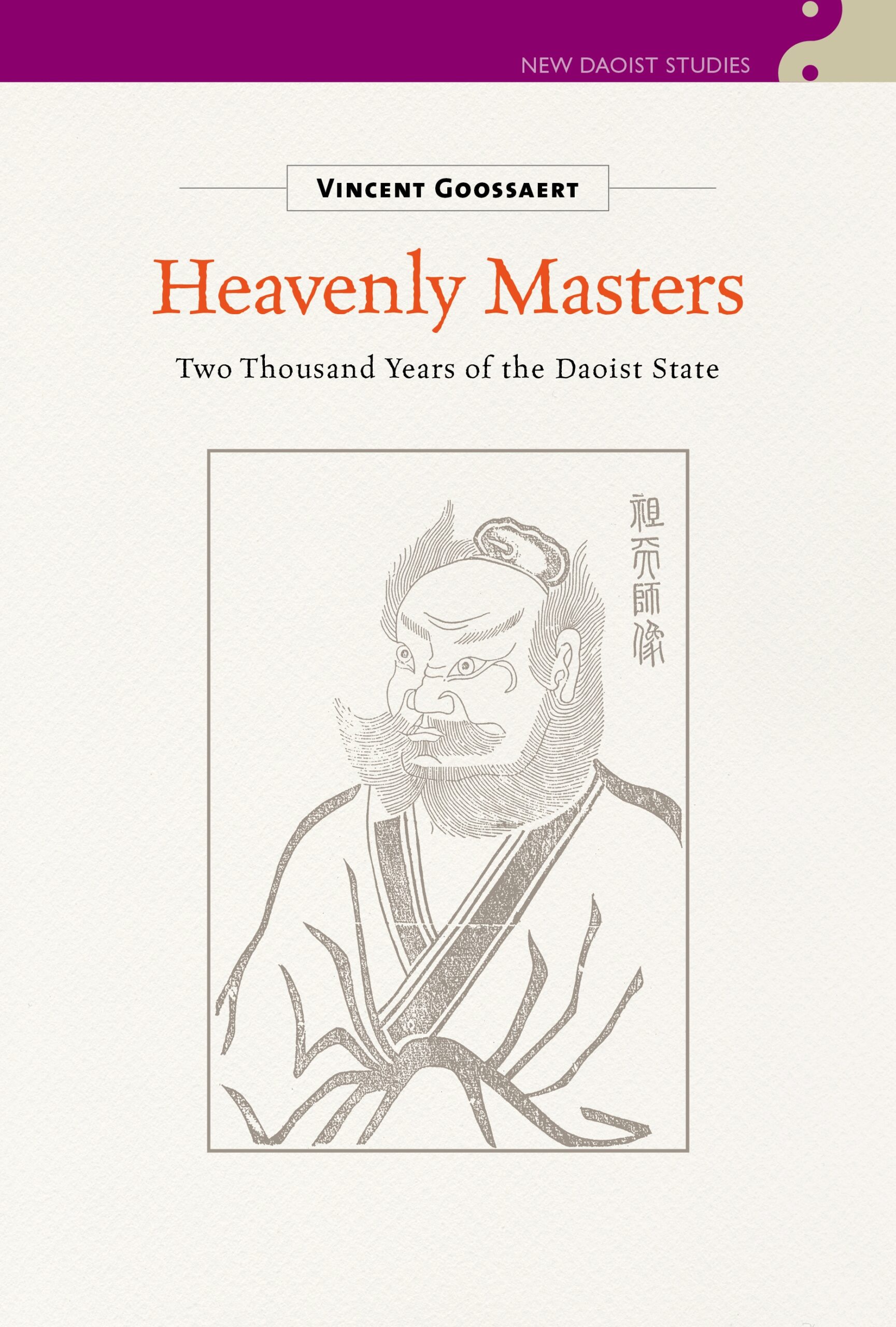Heavenly Masters: Two Thousand Years of the Daoist State
Awards
- Short-listed of the ICAS Book Prize Humanities, 2023
- About the Book
-
The origins of modern Daoism can be traced to the Church of the Heavenly Master (Tianshidao), reputedly established by the formidable Zhang Daoling. In 142 CE, according to Daoist tradition, Zhang was visited by the Lord on High, who named him his vicar on Earth with the title Heavenly Master. The dispensation articulated an eschatological vision of saving initiates—the pure, those destined to become immortals—by enforcing a strict moral code. Under evolving forms, Tianshidao has remained central to Chinese society, and Daoist priests have upheld their spiritual allegiance to Zhang, their now divinized founder. This book tells the story of the longue durée evolution of the Heavenly Master leadership and institution.
Later hagiography credits Zhang Daoling’s great-grandson, putatively the fourth Heavenly Master, with settling the family at Longhushan (Dragon and Tiger Mountain); in time his descendants—down to the present contested sixty-fifth Heavenly Master living in Taiwan—made the extraordinary claim of being able to transmit hereditarily the function of the Heavenly Master and the power to grant salvation. Over the next twelve centuries, the Zhangs turned Longhushan into a major holy site and a household name in the Chinese world, and constructed a large administrative center for the bureaucratic management of Chinese society. They gradually built the Heavenly Master institution, which included a sacred site; a patriarchal line of successive Heavenly Masters wielding vast monopolistic powers to ordain humans and gods; a Zhang lineage that nurtured talent and accumulated wealth; and a bureaucratic apparatus comprised of temples, training centers, and a clerical hierarchy. So well-designed was this institution that it remained stable for more than a millennium, far outlasting the longest dynasties, and had ramifications for every city and village in imperial China.
In this ambitious work, Vincent Goossaert traces the Heavenly Master bureaucracy from medieval times to the modern Chinese nation-state as well as its expansion. His in-depth portraits of influential Heavenly Masters are skillfully embedded in a large-scale analysis of the institution and its rules, ideology, and vision of society.
- About the Author(s)
-
Vincent Goossaert, Author
Vincent Goossaert is professor of Daoism and Chinese religions at École Pratique des Hautes Études - PSL.Stephen Bokenkamp, Series Editor
Lai Chi Tim, Series Editor
- Reviews and Endorsements
-
- Although the Heavenly Masters’ claim to represent an unbroken tradition almost as old as the papacy is open to question, the Zhangs of Longhushan certainly are heirs to a family legacy comparable to that of the best noble lineages of Europe, and they have exercised a distinctive religious office for more than a millennium. Fragments of their remarkable story have been told before, but now Vincent Goossaert has pieced together the entire narrative, adding another extraordinary first to his many achievements. He has already done much to illuminate change in the history of Chinese religion; in this volume he spectacularly demonstrates its simultaneous capacity for continuity.
—T. H. Barrett, SOAS, University of London - This book is a tour de force, providing the first synthesis in any Western language of the rise of the institution of the Heavenly Master, its many interactions with the Chinese state, its role in the performance of ordination and the distribution of registers, and its economic basis. It makes use of a wide range of primary sources, including manuscripts, gazetteers, notebooks, and archival material. It also carefully includes the best and most recent secondary research in Chinese, Japanese, and Western languages. By reasserting the primacy of the Heavenly Master tradition, this path-breaking work will set a new standard for the study of Daoism in Late Imperial China.
—Terry Kleeman, University of Colorado, Boulder - To an already astonishing list of publications, Vincent Goossaert has added a book that will forever change the way we look at Daoism as an organized religion. . . . As in many of his earlier books and articles, Goossaert, a leading scholar in the field of the social history of Chinese religion, has expertly analyzed an enormous amount of primary source material (works in the Daoist canon, gazetteers, collections of anecdotes, archives, manuscripts, literary collections, and newspapers) to provide us with an account of two millennia of what the author provocatively calls ‘the Daoist State.’ . . . It will be obvious that Heavenly Masters is a must-read for anyone interested in Daoism and in Chinese religion in general.
—Jan De Meyer, China Review International, 27: 3&4 (2020)
- Although the Heavenly Masters’ claim to represent an unbroken tradition almost as old as the papacy is open to question, the Zhangs of Longhushan certainly are heirs to a family legacy comparable to that of the best noble lineages of Europe, and they have exercised a distinctive religious office for more than a millennium. Fragments of their remarkable story have been told before, but now Vincent Goossaert has pieced together the entire narrative, adding another extraordinary first to his many achievements. He has already done much to illuminate change in the history of Chinese religion; in this volume he spectacularly demonstrates its simultaneous capacity for continuity.





